Support
Support Innovation
At the Wisconsin Institute for Discovery, we believe the future belongs to those who can imagine it. Our mission is to push the boundaries of knowledge by fostering interdisciplinary research and creative exploration. But we can’t do it alone. Your support is vital.
Your Contribution Matters
The challenges facing our world are complex and interconnected. Solving them requires new approaches that transcend traditional academic boundaries. WID is uniquely positioned to lead this charge, bringing together scientists, artists, engineers, and thinkers from diverse fields to collaborate on innovative solutions. Our researchers have been integral in equitable vaccine rollouts, curing inherited eye diseases, and employing virtual reality to help humanity live richer, healthier lives.
Unparalleled Interdisciplinary Collaboration
At the Wisconsin Institute for Discovery, we assemble 27 faculty investigators from 17 departments across the UW-Madison campus. Our research spans the spectrum of scientific inquiry, from engineering to medicine, psychology to computer science. This extraordinary breadth of expertise and viewpoints fosters groundbreaking collaborations that are critical to solving the complex challenges of our time.
Make an Impact on Major Efforts
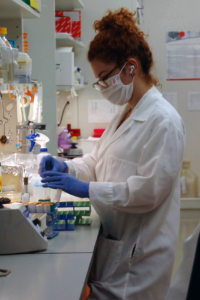
Fuel Scientific Discovery
Support cutting-edge research that addresses pressing global challenges in health, environment, technology, and more.
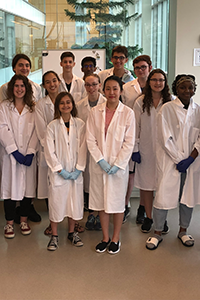
Empower Future Scientists
Invest in the next generation of researchers, providing them with the resources and opportunities they need to make a difference.
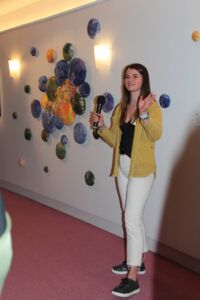
Interface Art and Science
Fund projects that explore the intersection of art and science, unlocking new ways of understanding and engaging with the world.
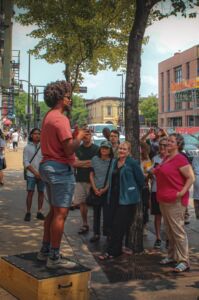
Strengthen Community Impact
Help us connect with the broader community through outreach programs, public lectures, and educational initiatives.
Other Ways to Give:
Every donation, no matter the size, plays a crucial role in our work. Together, we can create a brighter, more innovative future. Thank you for your support.

